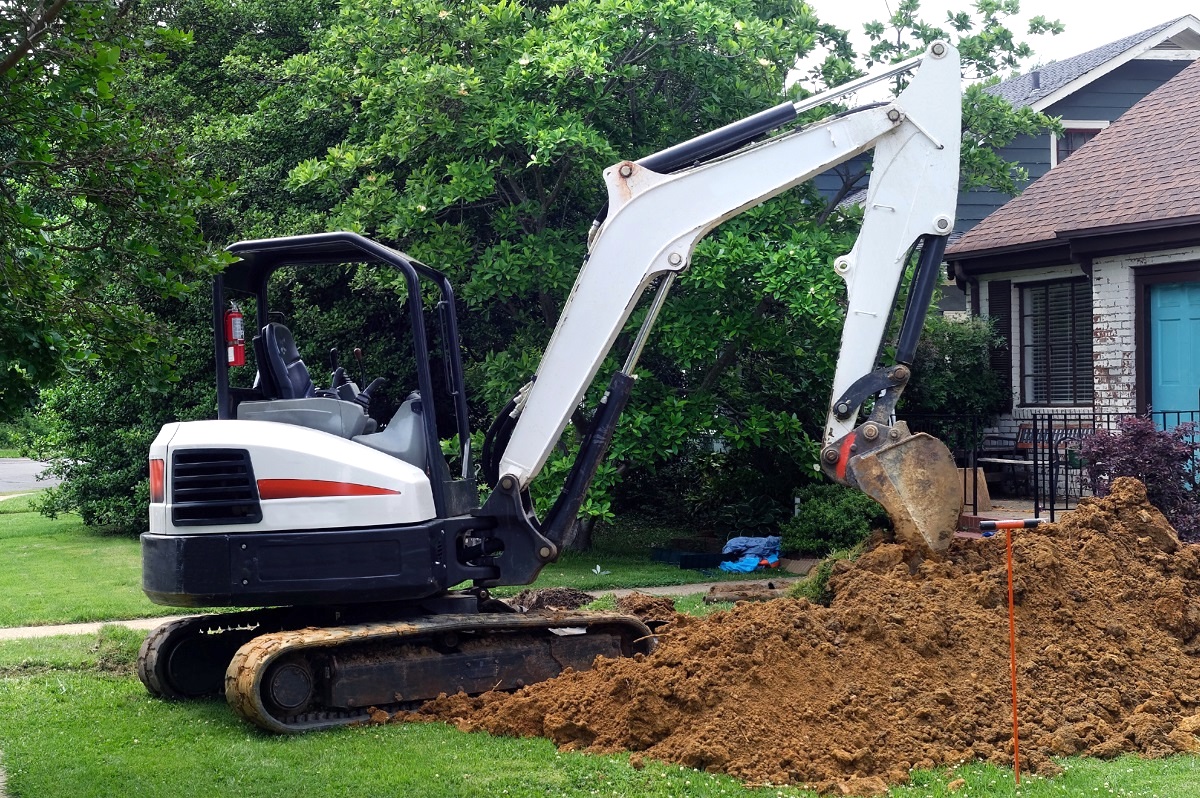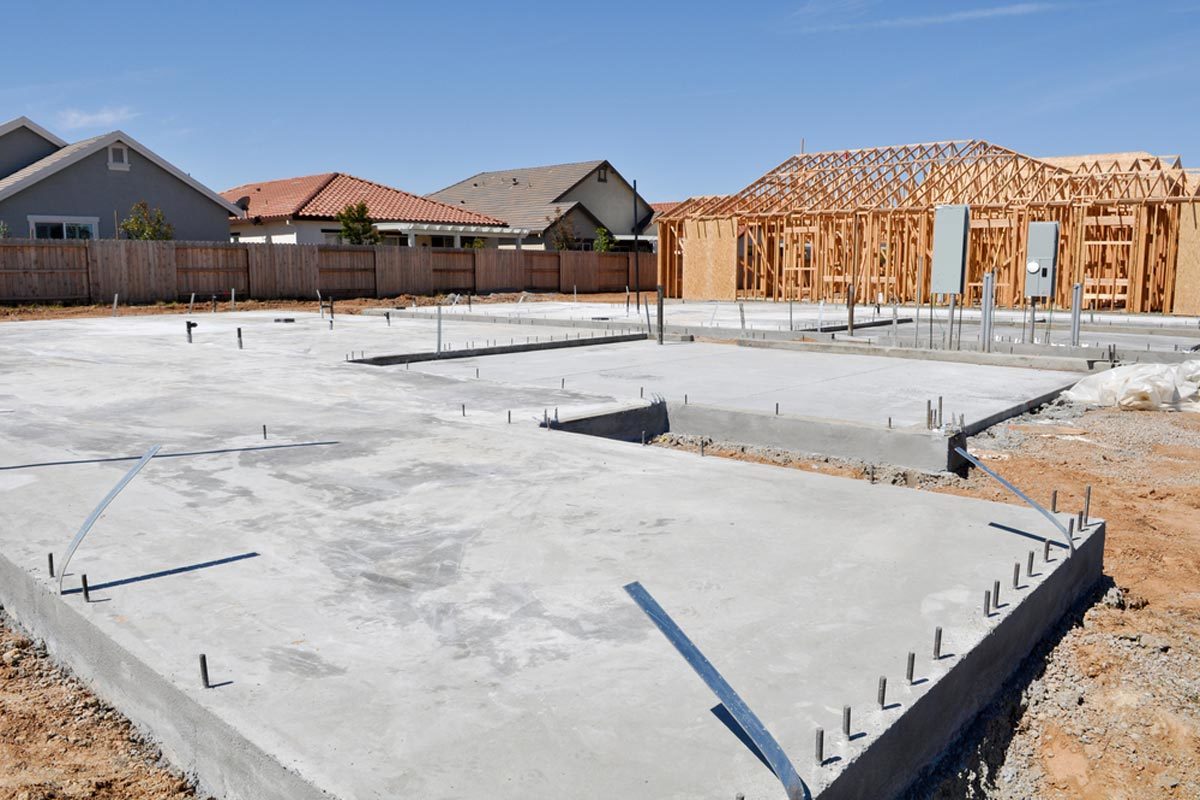Doing things on your own has many advantages, like
- You learn a new skill
- You do it your way
- You save time & money.
- You’re satisfied
But we are talking about big projects that can require equipment rentals like an 8 Ton Mini-Excavator Rental or Bobcat. These machines are enormous, and they are made for specific types of work.
In this blog, we will learn more about equipment rentals and the type of work you can do with it.
Let’s start!
8 Ton Mini-Excavator Rental
The 8 Ton Mini-Excavator Rental has two buckets. One for digging the land and moving the soil from the ground to trucks or another place. Second for leveling the ground and filling ditches. It has a cabin and comes with sprocket wheels.
Type of work you can perform with an 8 Ton Mini-Excavator Rental
Since mini excavators are often used for smaller projects in construction and landscaping, such as installing pools and hot tubs, they are commonly used for material handling, stump removal, and demo work.
U35 Mini-Excavator Rental
U35 series are mini excavators. They do have a bucket for digging, a cabin without any glass or covering, and there’s no second bucket attached to it.
The U35 mini excavator comes with a hydraulic angle blade. The hydraulic angle blade can be angled right or left to push soil to the side as the machine moves forward, eliminating the need for repetitive repositioning at right angles when backfilling trenches.
Type of work you can perform with a U35 Mini-Excavator Rental
Because they are small, they can quickly move into awkward areas to expedite many tasks. Here are some jobs you can perform:
- Plowing snow.
- Digging holes.
- Making small trenches.
- Demolishing small structures.
- Repairing sewer lines.
- Landscaping work.
- Digging swimming pools or garden ponds.
- Plowing snow
As the machine is small in size, it doesn’t require a lot of fuel compared to giant machines, and it’s a better alternative.
Skid Steer Rental
Several skid steers, including skid steer loaders and skid steers with rigid frames, engine-driven models, and lift arms with attachments for labor-saving tools.
Skid steer doesn’t have a bucket for digging, but it is possible to dig, but it is another helpful tool broadly used for home and commercial projects. The machinery is compact and doesn’t require too much space, and this feature makes the skid steer perfect for a home or small commercial projects.
Types of work you can do with Skid Steer Rental Equipment
The skid steer is a unique type of construction equipment rental and can do various tasks, primarily due to its versatile movement flexibility and small structure.
Skid steers are primarily designed for moving soil or other materials. Smooth buckets make moving dirt and other materials easier. Apart from that, Skid Steers can perform multiple jobs like:
- Demolition
- Roadwork
- Snow and debris removal
- Excavating, digging, and trenching
- Grading and backfilling
- Loading
- Mowing
- Landscaping
- Agricultural work
- Material handling
It is incredible how a small machine can be capable of doing such a broad spectrum of work.
20-25 Ton Excavator Rental
These are heavy machines made for commercial work. They can move a tremendous amount of dirt, soil, debris from one location to another in a short amount of time.
Types of work you can do with 20-25 Ton Excavator Rental Equipment Rental
The 20-25 ton excavator equipment is known as crawlers. The hydraulic system offers increased power and attachment options.
These are widely used for commercial projects like digging for a foundation or building parking space and similar such projects.
Now that you know what all machines can do and the type of work they are capable of, let us know if you’re looking to hire equipment rentals. At Neroda Construction, we have a wide variety of machinery that we discussed in the blog today.


